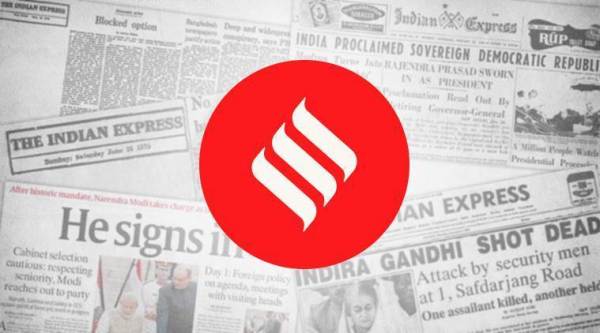 Contempt of court is more and more an anachronism in a democracy — it has been circumscribed and rejected in the US and UK.
Contempt of court is more and more an anachronism in a democracy — it has been circumscribed and rejected in the US and UK.
The initiation of contempt proceedings by the Supreme Court, suo motu, against lawyer-activist Prashant Bhushan for his tweets, is off-key and jarring, not least because of its timing. At a time when matters affecting citizens’ lives and livelihoods vie for its attention, when the pandemic has set off social and economic distress at an unprecedented scale, when questions persist about the effectiveness of the state’s response, when crucial constitutional cases have continued to drag on for years — like the electoral bonds case — and when the court has shown little urgency in matters in which delay could render the case infructuous — as in habeas corpus petitions stemming from detentions in Jammu and Kashmir — two tweets have riled Their Lordships. For the court, in this moment, to invoke its contempt jurisdiction with alacrity against criticism of it is disappointing, and disturbing.
Contempt of court is more and more an anachronism in a democracy — it has been circumscribed and rejected in the US and UK. In India, it remains a sweeping and vaguely worded offence which is at odds with the Supreme Court’s own record on expanding the scope and ambit of the fundamental right to freedom of speech. And yet while the courts have made some effort to narrow the remit of sedition — another outdated and controversial law which can be and is weaponised (by government) — by requiring a direct link with breach of public order or violence, they have not insisted on a similarly demonstrable link with obstruction of justice of the contemptuous act or speech. This failure to narrow it down is compounded by what the apex court has done on Wednesday. It sends a signal to courts across the country that the chilling power of contempt is here to stay. That is especially disquieting when there are apprehensions over a concentration of executive power and the spread of a political culture with a shrinking space for difference and dissent.
In fact, particularly in times such as these, the court needs to take the high road, show broader shoulders, instead of taking to task a public interest lawyer whose work has spurred legislation and made an invaluable difference in matters ranging from public corruption to pollution and displacement. Bhushan’s comments on Twitter, the court has said in the notice issued to him on Wednesday, “have brought the administration of justice in disrepute and are capable of undermining the dignity and authority of the institution … and the office of the Chief Justice of India in particular…”. Social media is not exactly suited for nuance, for the on-the-one-hand and on-the-other argument. Five years ago, in Shreya Singhal, the apex court expanded the contours of freedom of speech and Article 19 to this noisy space. The Supreme Court’s contempt case against Bhushan shrinks that space — and itself.